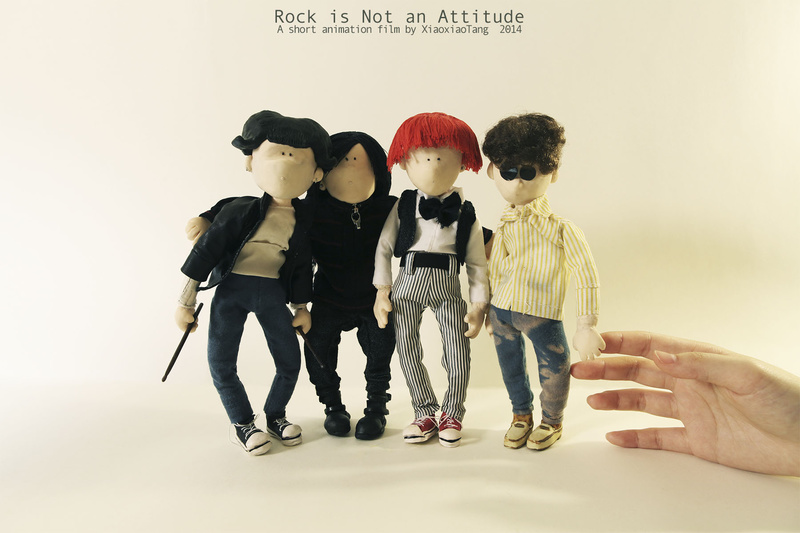In the hero's journey, we first meet the horeoine in the Ordinary World, her normal state of affairs. It is only when the Inciting Incident occurs that the heroine is catapulted into the unknown. Ilsya Spencer's Beupevah ought to be considered the Ordinary World of every child: a fun, welcoming, creative, school environment where children are nurtured and are allowed to shine and flourish. This Halloween, I would like to reflect on the very real horros facing a child in Gaza, courtesy of a brilliant short animation film called Dear Child II, directed by Devin Peters and inspired by a letter written by Pulitzer Prize winning author, Chris Hedges.
"You know only the security barriers and fences patrolled by soldiers that surround Gaza."
Bepuwaveh is all about bridges, friendship, fun and freedom rather than barriers and fences: "Pojoaque Middle School students create a dialog, drama skit and culture around welcoming at their school and in their community." The children of Gaza experience the opposite - unspeakable horrors: "Trapped under the piles of smashed concrete. Your playmates. Your schoolmates...You see the chalky faces and limp bodies when they are dug out. I am a reporter. It is my job to see this. You are a child. You should never see this."
Creativity abounds in Bepuwaveh. In the first few seconds of the film, we are welcomed with a drawing of an alien in a spaceship. A few minutes later, we see an art teacher explain how "Faux Food" - a delicious looking burger - was made from toilet paper, water and paint!
"You are hungry. The bakeries are destroyed. There is no bread. You eat one meal a day. Pasta. A cucumber. Soon this will seem like a feast."
The next part of the letter sounds like a good plot for a Halloween movie. Sadly, it is the reality of many people around the world: "I tried to tell your story. I tried to tell the world that when you are cruel to people, week after week, month after month, year after year, decade after decade, when you deny people freedom and dignity, when you humiliate and trap them in an open-air prison, when you kill them as if they were beasts, they become very angry. They do to others what was done to them. I told it for seven years. Few listened. And now this."
Dear Child II is "stylish, artistic and horrifying, yet hopeful that we can do better, centering the story around children in this way affirms a message - that we must." Children are at the centre of Bepuwaveh, but there is no denying that the adults - the teachers and the filmmaker, Ilysa Spencer - believe that we can do better. From their actions, it is clear that they are doing better and are doing right by the children.
One adult, a New Mexico history teacher, gets emotional when talking about her grandmother: "She always made me feel welcome in her home...she always had food, my favourite food."
A child and her grandmother are at the centre of "Lupe Q and the Galactic Corn Cake", directed by Javier Badillo, written by Nat Marshik and Javier Badillo: "Lupe doesn't care about her abuela's cooking lessons, she just wants to rock with her badass punk band. But when Lupe finds herself battling an alien monster with her band, her abuela's lessons remind her that punk rock is more than just loud music, and connecting with her latin roots may just save their lives."
In the book "The Undead and Philosophy: Chicken Soup for the Soulless", Noel Carrols's chapter is titled "The Fear of Fear Itself: The Philosophy of Halloween". He tells us the history of Halloween then writes: "In fact all manner of monsters can inspire Halloween mumming - even those who hail from outer space - since they would fit into the Christian redefinition of the Halloween universe as demons..."
During the inaugural Global Artivism conference that was held this September in South Africa, Louisa Zondo listed some demons that we must fight: “We must address the scourge of poverty, inequality, corruption, gender-based violence, deteriorating mental health and well-being and the imminent threat of climate change. We must push for the end of genocide in Gaza."
You can read the full letter by Chris Hedges to the children of Gaza at: https://scheerpost.com/2023/11/08/chris-hedges-letter-to-the-children-of-gaza/












































































































































































































